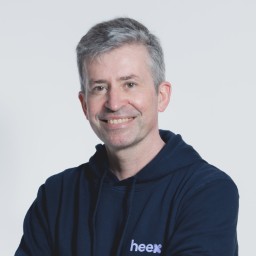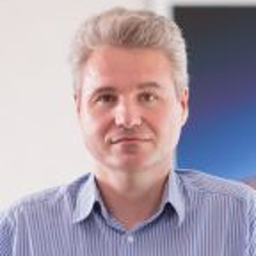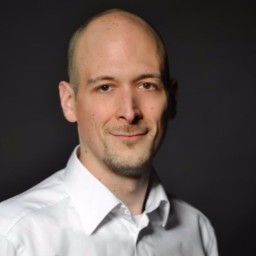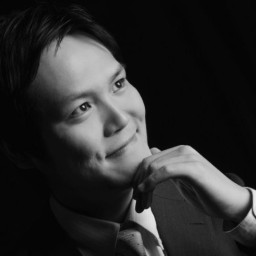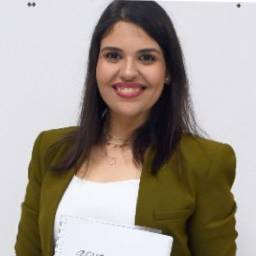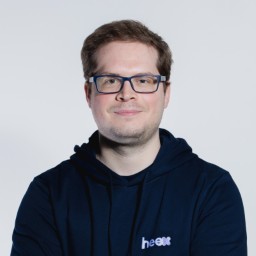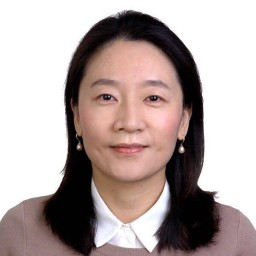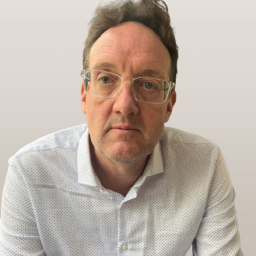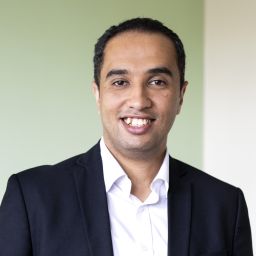At a Glance
This 2025 edition brought together Ph.D. students and early-career professionals from
universities in Blonay, Switzerland, from September 1–5, 2025
More than 40 participants from 11 residence countries took part of this intensive week
of lectures, tutorials, poster sessions, and cultural activities.
🌍 Media highlights from this year's edition:
🌍 Where participants came from:
This year's edition welcomed participants from across Europe, Asia, North America, and
beyond.
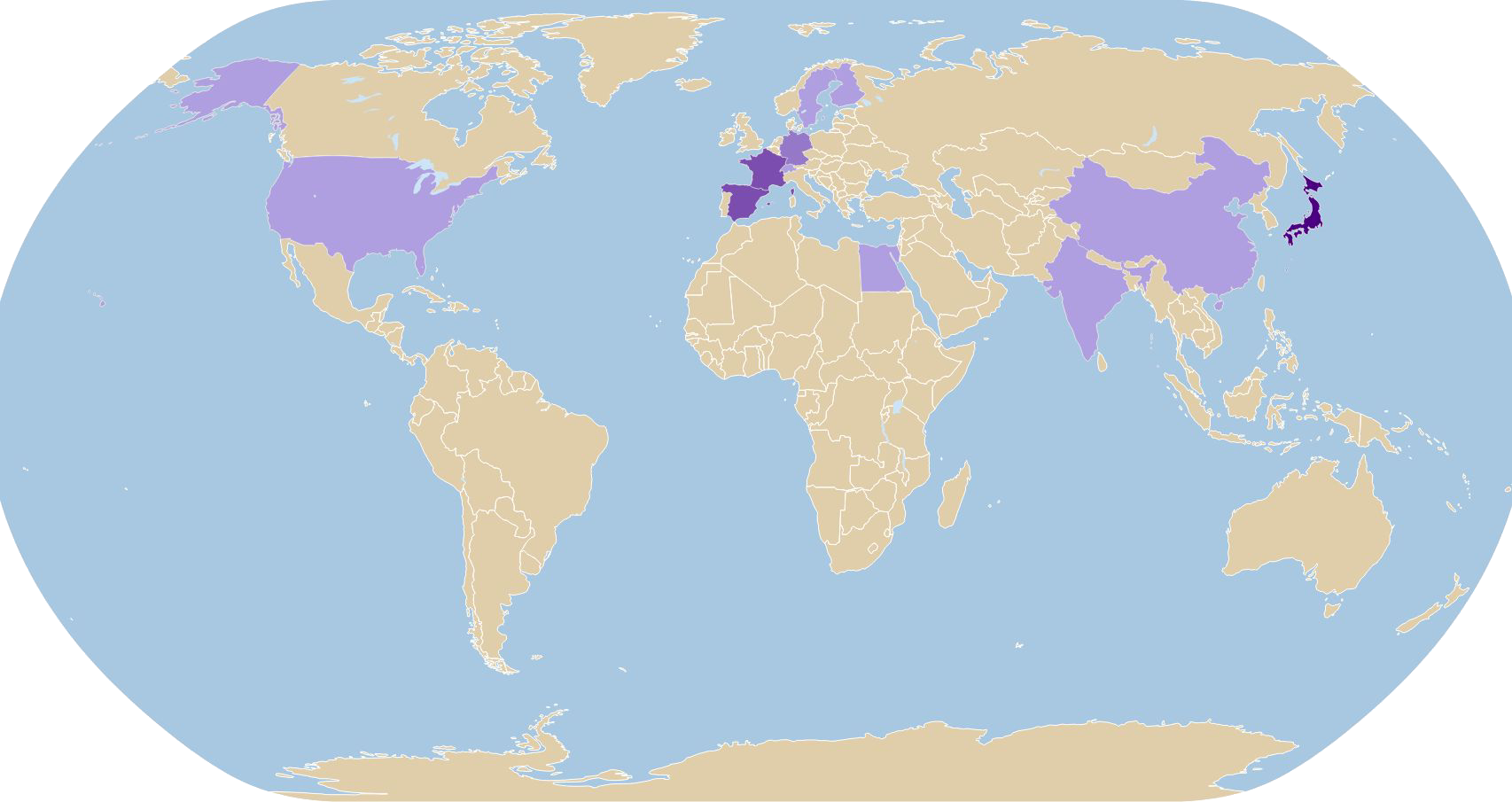
🏆 Activities at a glance
- 5 days of lectures and tutorials led by international experts
- Poster session showcasing participant research
- Evening networking and social events
- Excursions around Blonay and Lake Geneva region
📣 Looking ahead
The 2025 edition was an inspiring success. We are already preparing for the 2026 edition —
stay
tuned for updates!
